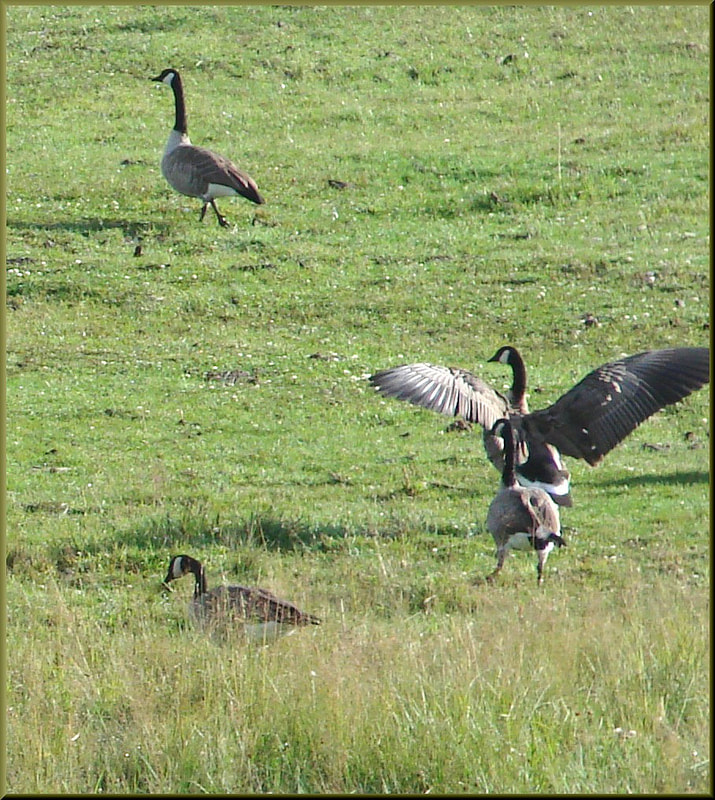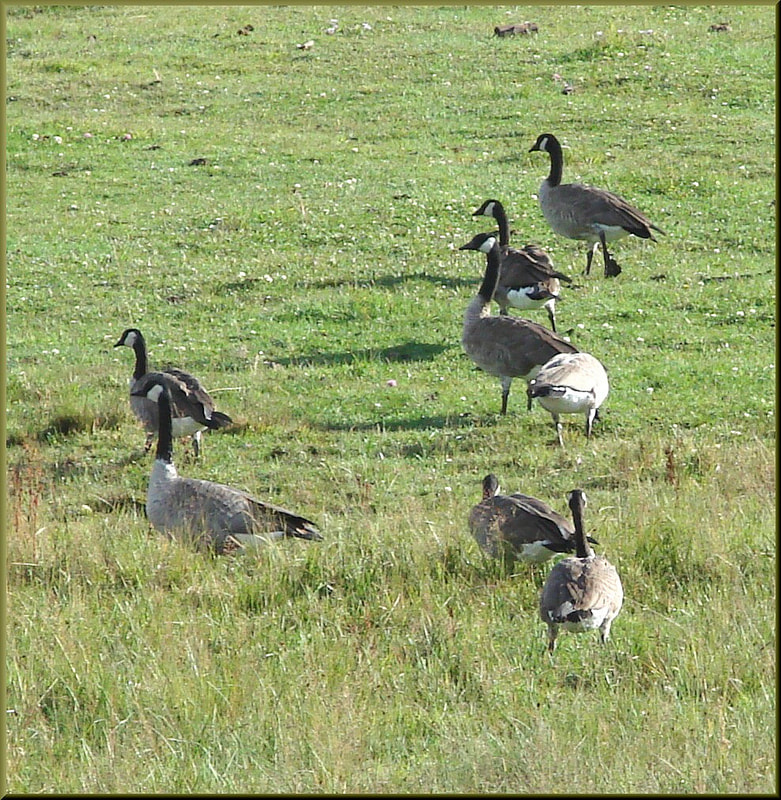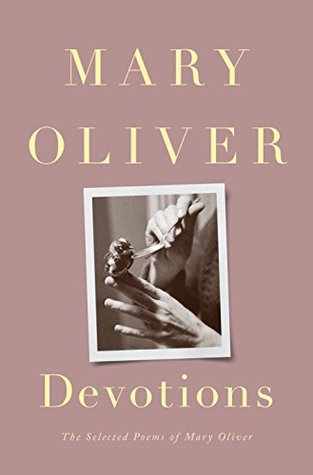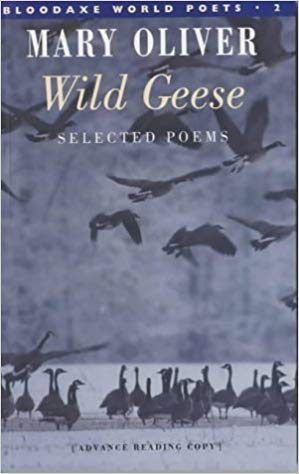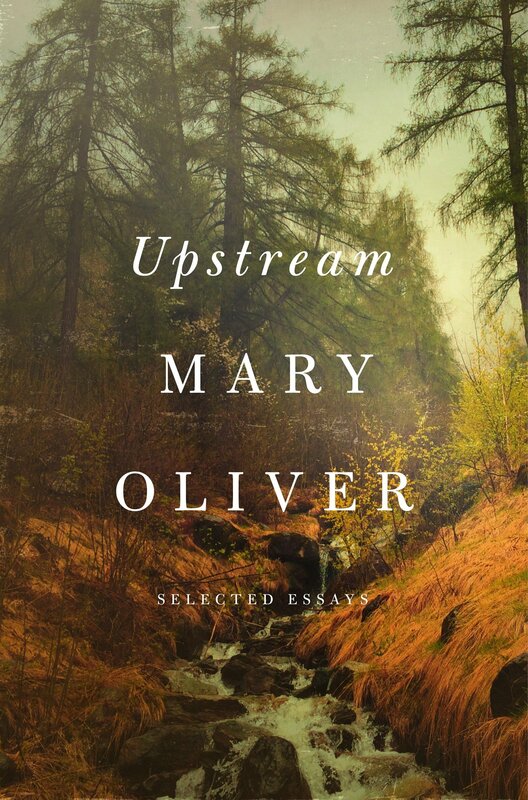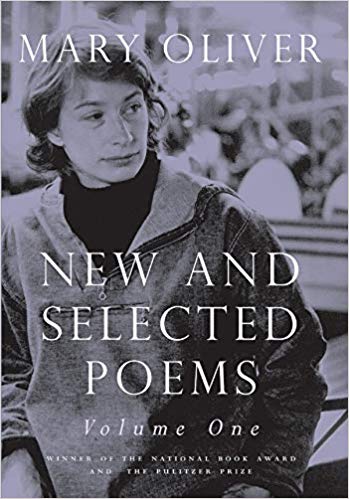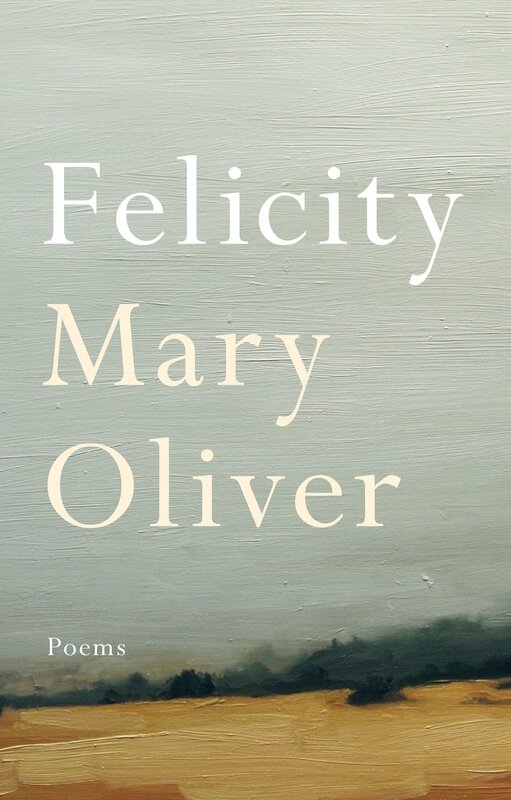Attuned to the Horizontal Sacred
Why Process Theology Needs Mary Oliver
please see also:
Wild Geese The looming ecological crisis will affect cultures and societies around the world and, by extension, the world’s religions. Because religion can play such a vital role in individual and community life, interreligious solidarity on the work of ecological civilization is a worthwhile task. How will religious worldviews be affected by the increasing focus on transitioning to sustainable practices? In what ways can the world’s wisdom traditions inspire and guide this global transition? |
|
Why Process Theology Needs Mary Oliver
|
Mary Oliver presents process theology in poetic form, and thus much more beautifully than most process theologians, with the remarkable exception of Patricia Adams Farmer.
Here are some ideas we glean from Oliver's poetry which resemble process theology:
We process theologians believe these things, although we sometimes forget them, becaise we lost in our speculations concerning God. Mary Oliver's gift to process theology is to help it reclaim (or discover) a sense of the horizontal sacred. The Horizontal Sacred The horizontal sacred can be appreciated with or without belief in God. It is the web of life itself, known through both the joy and the melancholy of being alive. We discover the horizontal sacred in personal relationships: that is, with family and friends. And we discover it in reverential relations with the more than human world, including wild geese. As Patricia Adams Farmer makes clear in her essay Mary Oliver and the World of Everywhere, an appreciation of the horizontal sacred can be combined with belief in God: that is, a trust in the vertical sacred. The vertical sacred is heaven. It is a larger whole, with a life of its own, in which we are small but included. It is God. Because God leans into the world in love, a person who trusts in God may find God in, not apart from, the horizontal sacred. She has an "incarnational" understanding of God. But people who do not find belief in God easy or plausible can nevertheless find great meaning, great consolation, in the horizontal sacred. In the biblical story, God took delight in this value on the seventh day of creation, finding the world good in its own right. According to the story, God, too, takes delight in the horizontal sacred. Mary Oliver and Patricia Adams Farmer invite us to do the same. No Certainties, only Love Patricia Adams Farmer writes: But these theological musings are mysterious and invisible. Mary Oliver dealt with the visible, the touchable, the particulars; she gave them room to ask questions about God and the world without certainties, only love. I wish more theologians could leave it at that. And so we can catch a glimpse of the everywhereness of heaven when we read her poetry. Her poems do taste like heaven, and she is alive in them. But she is more now—she is everywhere—and I see God smiling in that small cloud of hers. Oh yes, let's leave it at that. |
More on Mary Oliver
She constructs a form of subjectivity that does not depend on a separation from a world of objects. |
She is sensitive to to the Wonder and Pain of Nature, without hiding from either. |
She combines the primal Joy and primal Melancholy of being Alive. |
Her poems are Homilies in an age too often devoid of accessible religious wisdom. |
She presents the observation of life itself as a form of spirituality.
"Ms. Oliver often described her vocation as the observation of life, and it is clear from her texts that she considered the vocation a quasi-religious one. Her poems — those about nature as well as those on other subjects — are suffused with a pulsating, almost mystical spirituality, as in the work of the American Transcendentalists or English poets like William Blake and Gerard Manley Hopkins."
-- Margalit Fox, NY Times Obituary, Jan. 17, 2019
Married to AmazementWhen death comes |
Prayer as Paying AttentionWho made the world? |
